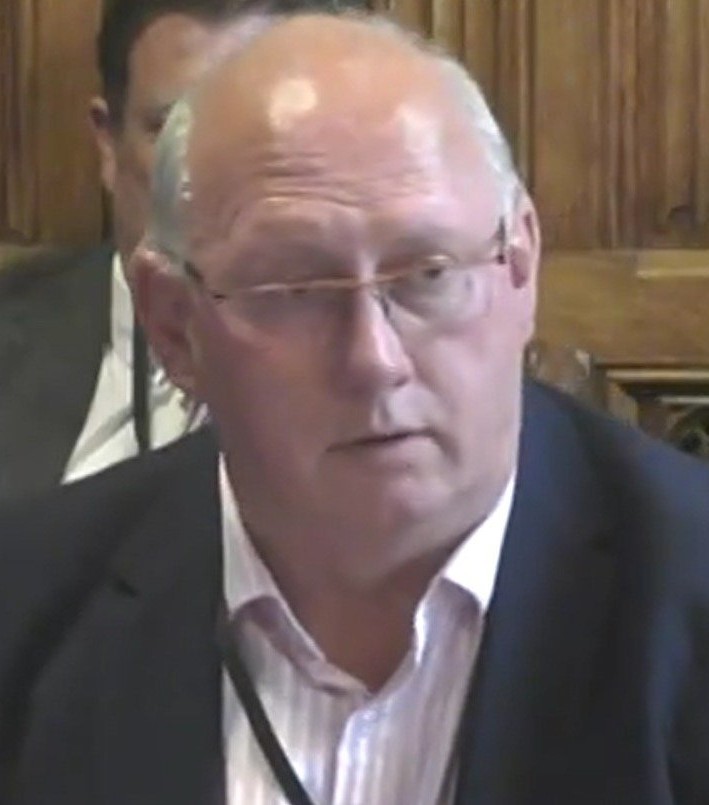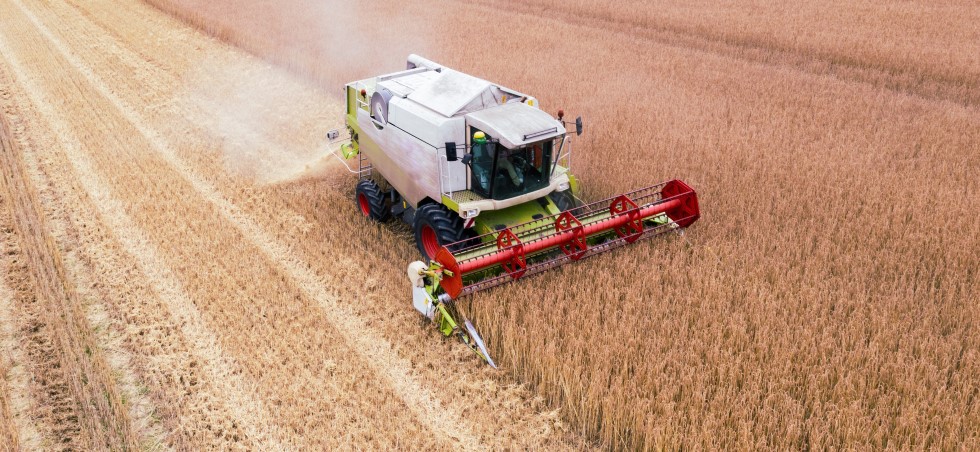Nigel Jenney, chief executive of the UK’s Fresh Produce Consortium, has urged Government to heed the Consortium’s warnings concerning its proposed Target Operating Model (TOM).
Plans to enforce checks on products entering the UK were published by the UK Government, in collaboration with the Scottish and Welsh Governments, in April this year. According to a Government statement, the draft Border Target Operating Model sets out a plan to “realise the ambition” of the 2025 Border Strategy to create “the most effective border in the world.”
The draft was devised following engagement with the Border Industry and businesses across the UK. The new Border Operating Model will require:
- All businesses importing fresh or frozen meat, dairy and other goods to provide an export health certificate alongside the consignment of goods entering the UK
- All export health certificates must be signed in person by a vet at point of departure
- Every consignment of goods in the medium and high-risk categories entering the UK will face a new ‘border tax’ up to £41 per consignment whether or not they are to be inspected
- All goods in medium and high-risk categories will be subject to documentary checks, largely negating the promises around light touch physical inspection.
Speaking at a meeting of the House of Lords Horticultural Sector Committee on Thursday 6th July, Nigel Jenney said that Government had “missed the first target, because the target was to actually respond to the industry with guidance by the end of last month.”
He added: “This hasn’t materialised and won’t materialise for weeks, which puts huge pressure on the industry in terms of being able to prepare for the hard delivery dates that the Government is currently suggesting.
“We are operating in a sector which grows and distributes highly perishable, highly sensitive products as quickly and efficiently as possible,” he continued. “So frankly, from my industry’s point of view, we believe the current proposed strategy will fundamentally compromise our industry’s least cost, highly efficient supply chain from Europe, without a doubt.”
Compromising just-in-time
Jenney stated: “We don’t manufacture widgets, we don’t keep them in a UK warehouse for six months, hoping someone’s going to buy them. Our produce is literally harvested, packed and delivered within hours, not days. As such, the TOM provides some huge challenges for our sector in terms of compromising that just-in-time least cost to maintain both the quality, but also the cost of the products.
“We are extremely concerned that the current proposed Government border strategy, which adopts Government managed border control points (BCPs), are frankly highly inefficient. We believe the current proposed strategy will fundamentally compromise our industry’s least cost, highly efficient supply chain from Europe which will have considerable and wide ranging impacts.
“We will proactively, and we have for years now, offered solutions to the current BCP model, including adoption of control points. [These] are facilities [that] are managed by our industry, or our commercial partners. A Government-managed BCP adds, brutally, no value for my industry.”
A last minute process
Jenney added that the Consortium had proposed that Government use its industry’s facilities to carry out official inspections. He added: “We also suggested it would be wise to allow responsible businesses within the industry to be trained and accredited to complete official inspections. Because do you want a few hundred official inspectors managing your border security, or do you want thousands of people managing your border security?

“And the best part is that you wouldn’t have to pay them because the industry pays for those people. It’s incredibly disheartening that this system will not be available, assuming the 31st January date is the go live date.”
Jenney said that the fresh produce industry “will be forced to either use BCPs or control points but still wait for an official inspection by an official officer; which is so frustrating, because we’ve had years to manage and plan the processes, yet everything is last minute, and it appears to be poorly thought through.”
He said that, ultimately, the industry “is going to have to pick up the pieces” and that, with the costs the Consortium envisage the industry having to incur, Jenney said that the industry “simply cannot absorb those costs.”
“They will instead be passed on to hard-pressed consumers in a very difficult environment at this moment in time,” he explained. “We have no choice. Our margins just simply do not allow us to do anything else.”
The House of Lords Horticultural Sector Committee plans to release its report by the end of 2023 to summarise its findings and recommendations on the topic.









